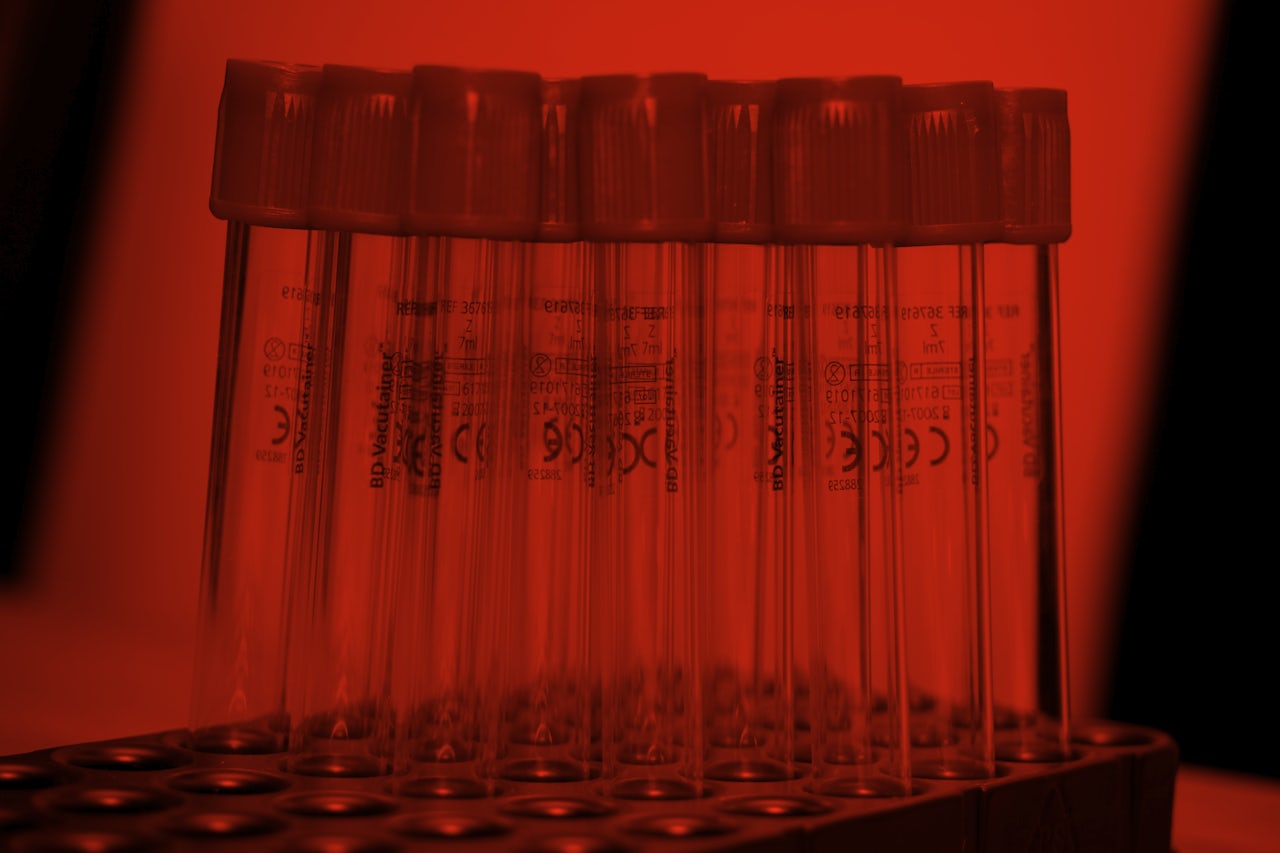Researchers are starting clinical studies on a new form of HIV prevention that would only have to be taken once every two months. This would be a leap forward for medicine, but it apparently isn’t reaching all prospective patients equally: No cisgender women or trans men will be included in the trial, despite the fact that one in four Americans living with HIV are female. Instead, the trial group consists of 4,500 gay men and trans women. In other words, the trial is only including people who were born male.
The drug, cabotegravir, could potentially prevent HIV with 99 percent effectiveness. The fact that it doesn’t need to be taken daily leaves less room for error compared with other HIV prevention methods such as Truvada, which must be taken once a day. So why are females being shut out of the trial?
The reason is because gay men and trans women are still the most vulnerable populations for HIV, according to health advocates. Gay men make up 61 percent of the HIV population in the US, according to the CDC, while studies have shown that 28 percent of trans women have HIV. Focusing on populations with high incidence rates is a more efficient way to test the drug’s prevention abilities, since more patients are expected to be exposed to HIV.
“You can do clinical studies in a larger population that has a lower risk for HIV, but then you’d have huge numbers and you’d need to study for a lot longer,” said Asa Radix, senior director of research and education for Callen-Lorde, an LGBTQ health clinic based out of New York. “It’s based on HIV incidence rates, and if you want to get an answer quickly without also being expensive, you enroll a higher risk population and a population that is really going to benefit.”
“Focusing on that population may sound somewhat discriminatory but may actually yield better results and show if the trials worked.”
The need to look at highly affected populations in studies is sound science, said Damon Jacobs, a public health advocate for PrEP who also took part in early HIV vaccination trials.
“If you’re testing a drug that prevents HIV infection on 500 monks, you’re not going to get a realistic outcome,” said Jacobs. “Focusing on gay men and trans women scientifically makes sense.”
Gay men are also highly aware of the issue, which makes it easier to recruit them for trials.
“Most gay men are more educated about HIV because the disease has hit their community much harder,” said Laurie Litt, chief executive officer for New Jersey AIDS Services, which focuses on providing help to transient populations diagnosed with the virus. “Focusing on that population may sound somewhat discriminatory but may actually yield better results and show if the trials worked.”
Truvada was similarly tested on gay men and trans women in clinical trials before it became the first drug available on the market to prevent HIV by up to 100 percent. Truvada is now marketed under the treatment protocol Pre-Exposure Prophylaxis, or PrEP. Both Truvada and cabotegravir are made by Gilead Sciences.
In addition to prevention, cabotegravir is also being tested as a treatment for those who already have HIV. Those clinical studies include people born female and will provide safety information on how cabotegravir responds to their bodies, said Dr. Anthony S. Fauci, a medical doctor and director of the National Institute of Allergy and Infectious Diseases, part of the National Institutes of Health. Another study will also test cabotegravir for HIV prevention in females in sub-Saharan Africa beginning in 2017.
Since studies for Truvada had shown to be effective, the LGBT community has widely embraced PrEP as a form of treatment against HIV. In cities such as New York, San Francisco, or Los Angeles, advertising PrEP by local health departments has largely been aimed at gay communities. Even gay hookup and dating apps have added options to show if users are on PrEP as a form of protection against the virus.
The approval of cabotegravir would widen preventative treatment in a drug market that needs a more diverse array of medications, advocates and medical professionals said.
“Take the example of birth control; there are pills, injectables, there are implants. There are so many choices,” said Radix. “When Truvada came out we knew it could provide an additional tool for HIV prevention because, despite everything we were doing, 50,000 people were newly infected every year in the US.”
The clinical trials on cabotegravir for HIV prevention will last over five years, Fauci said. In that time, scientists may also be able to alter the drug so that injections could be up to six months apart. “The ultimate goal," he said, "would be to provide a regimen for both the gay and trans populations that is user-friendly and also dramatically reduces infection within that population.”
Correction: An earlier version of this story erroneously said that Damon Jacobs took part in Truvada trials. In fact, he took part in early HIV vaccination trials.
